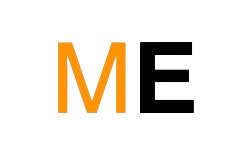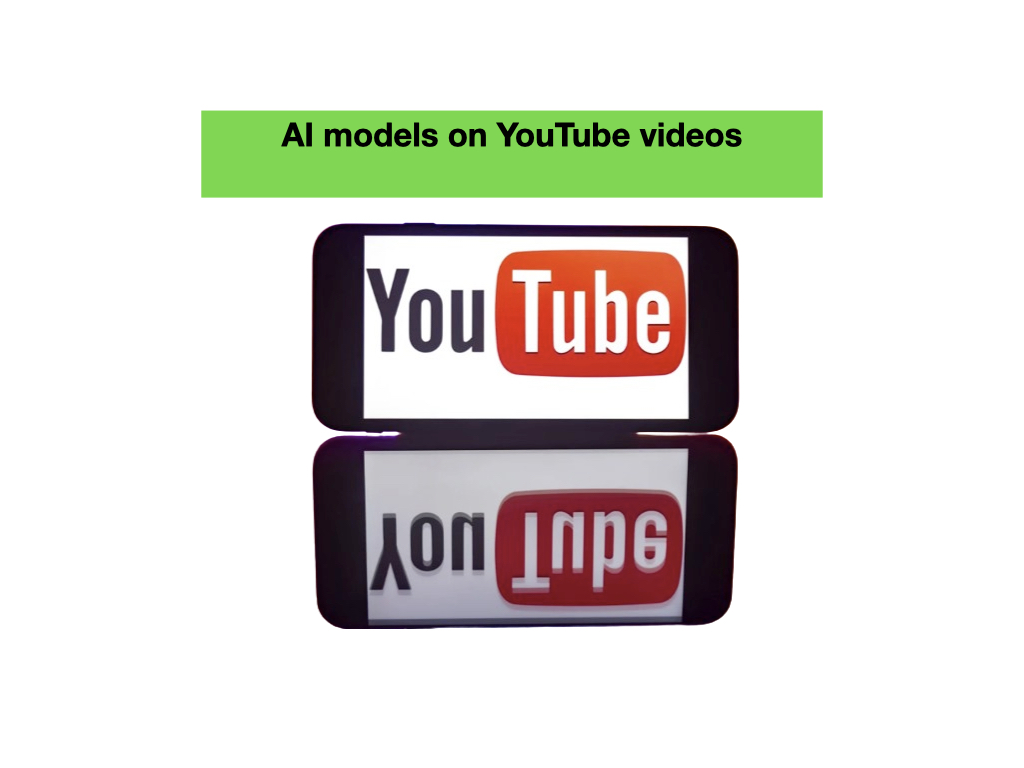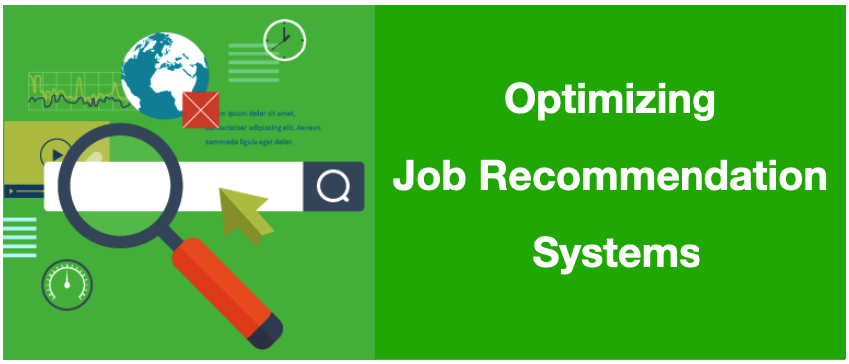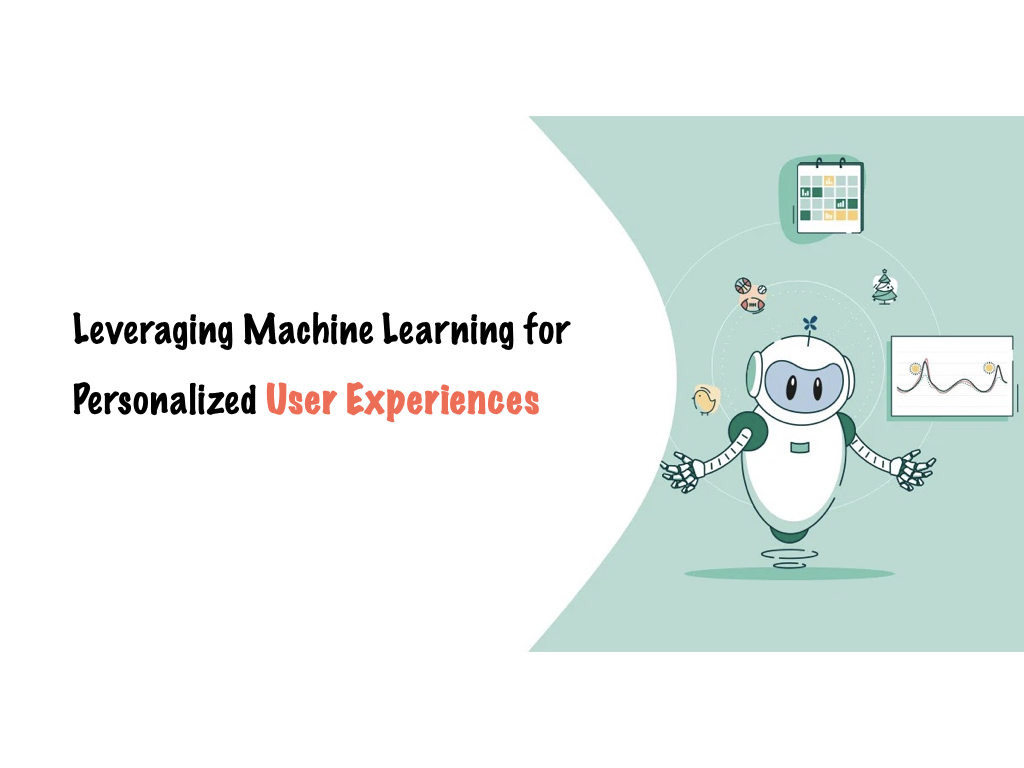Tech Giants Accused of Violating Creator Copyrights by Transcribing YouTube Videos for AI Training
In a concerning revelation, tech giants OpenAI and Google have been found to be transcribing YouTube videos in order to further train their powerful AI models, potentially infringing on the copyrights of content creators.
According to a report by the New York Times, both OpenAI and Google have been tapping into the vast trove of YouTube videos to feed their insatiable AI appetites. OpenAI, the company behind the ChatGPT sensation, used its Whisper speech recognition tool to transcribe over one million hours of YouTube content, which was then fed into the latest iteration of its GPT language model, GPT-4.
Meanwhile, Google, which owns YouTube, has also been leveraging its platform’s videos to train its own AI systems. This raises significant concerns, as the unauthorized use of creator content to train AI models has already sparked a wave of copyright and licensing lawsuits.
The report alleges that both companies have been cutting corners in their quest for data, prioritizing access over legal compliance. OpenAI’s actions may even violate Google’s own rules, which prohibit the use of YouTube videos for “independent” applications and “automated means” of accessing the platform’s content.
When confronted, Google claimed ignorance of OpenAI’s unauthorized use of YouTube videos, but the report suggests that people at the tech giant were aware of the practice and chose to turn a blind eye, as Google itself was engaging in similar behavior.
Google attempted to assuage concerns by stating that it only trains its AI on videos from creators who have explicitly agreed to have their content used in this manner. However, the sheer scale of the transcription efforts by both companies calls this claim into question.
This latest revelation adds to the growing unease surrounding the rapid development of AI and the potential infringement of intellectual property rights. As AI systems become increasingly sophisticated, the need for robust and transparent data usage policies has never been more critical.
The implications of this news extend beyond the immediate legal concerns. Content creators, who have already faced challenges in the digital age, now face the prospect of their work being exploited without their consent, potentially depriving them of rightful compensation and recognition.
Moving forward, it will be crucial for policymakers, industry leaders, and content creators to come together and establish clear guidelines and regulations that balance the advancement of AI technology with the protection of intellectual property rights. Failure to do so could undermine the very foundations of the creative economy and stifle innovation.
Reference article https://mashable.com/article/open-ai-google-youtube-videos



